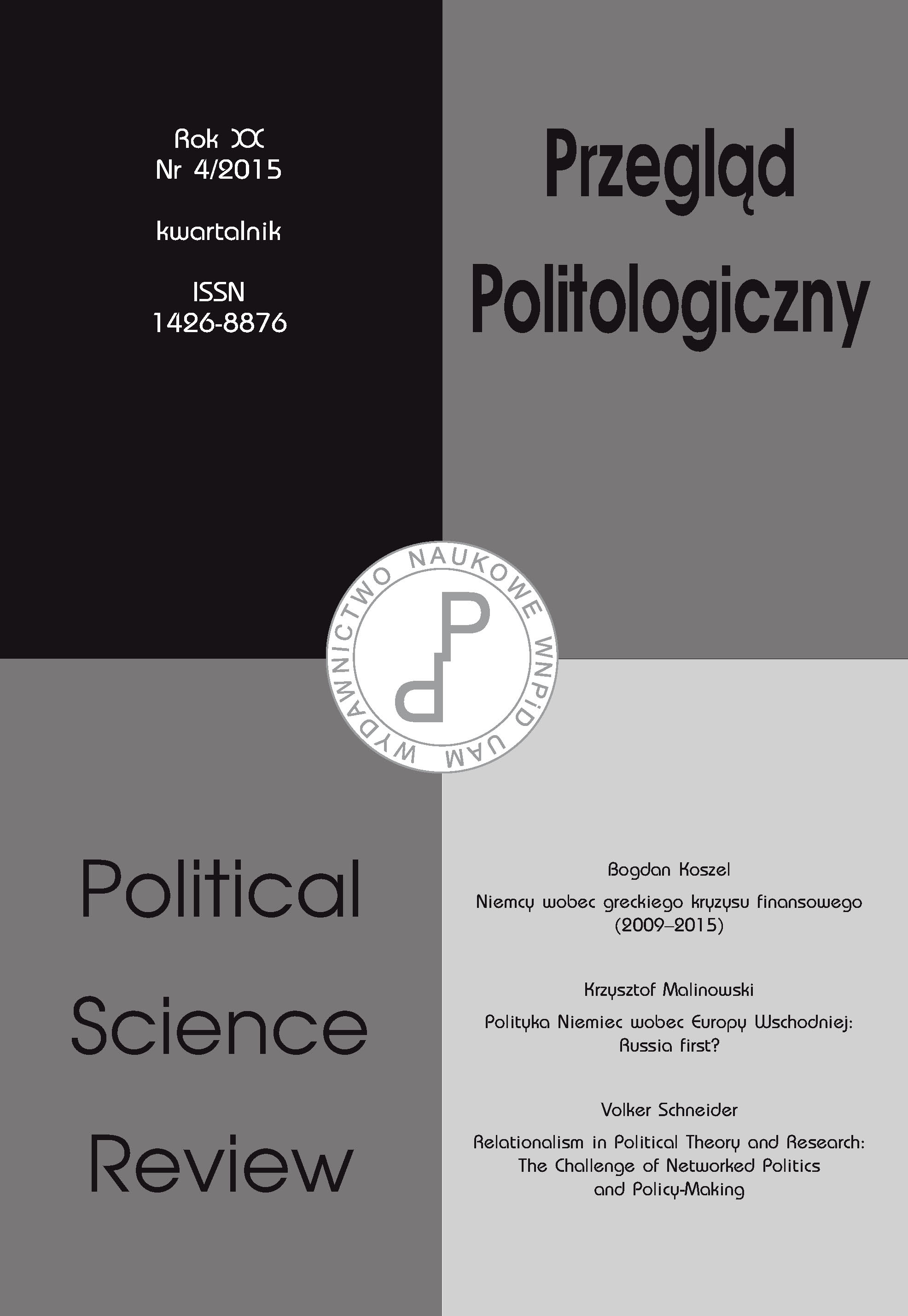Polish Aristocratic Identity as a Discourse of Ideology: A Critical Discourse Analysis Approach
Polish Aristocratic Identity as a Discourse of Ideology: A Critical Discourse Analysis Approach
Author(s): Jan KvětinaSubject(s): Politics / Political Sciences, Social Sciences, Political Theory, Sociology
Published by: Uniwersytet Adama Mickiewicza
Keywords: Critical Discourse Analysis; Polish identity; conservatism; nationalism; constructivism
Summary/Abstract: Critical discourse analysis (CDA) can be considered the contemporary, dominant approach to the study of national identity, which presupposes that a nation is an imagined community which is produced and reproduced discursively. Moreover, CDA denies the traditional dichotomy between political and cultural nations, which is viewed solely as a purpose-built consequence of power. With regard to the fact that most researchers who use CDA limit their approaches to the modern context of the 20th century, it is desirable to ask to what extent one can apply methods of CDA to pre-modern national identities. The clarification of this issue should be deemed the main aim of this study, which holds that the Polish aristocratic nation is a convenient case for this kind of research, because its elites had to reflect not only the loss of statehood, and thus the programme of future desired development, but also the causes of previous failure. The analysis of the conflicts between conservative national attitudes during the 19th century should therefore define who was considered a Pole and to what extent national identity was based on ideological and discursive assumptions.
Journal: Przegląd Politologiczny
- Issue Year: 2015
- Issue No: 4
- Page Range: 207-219
- Page Count: 13
- Language: English

